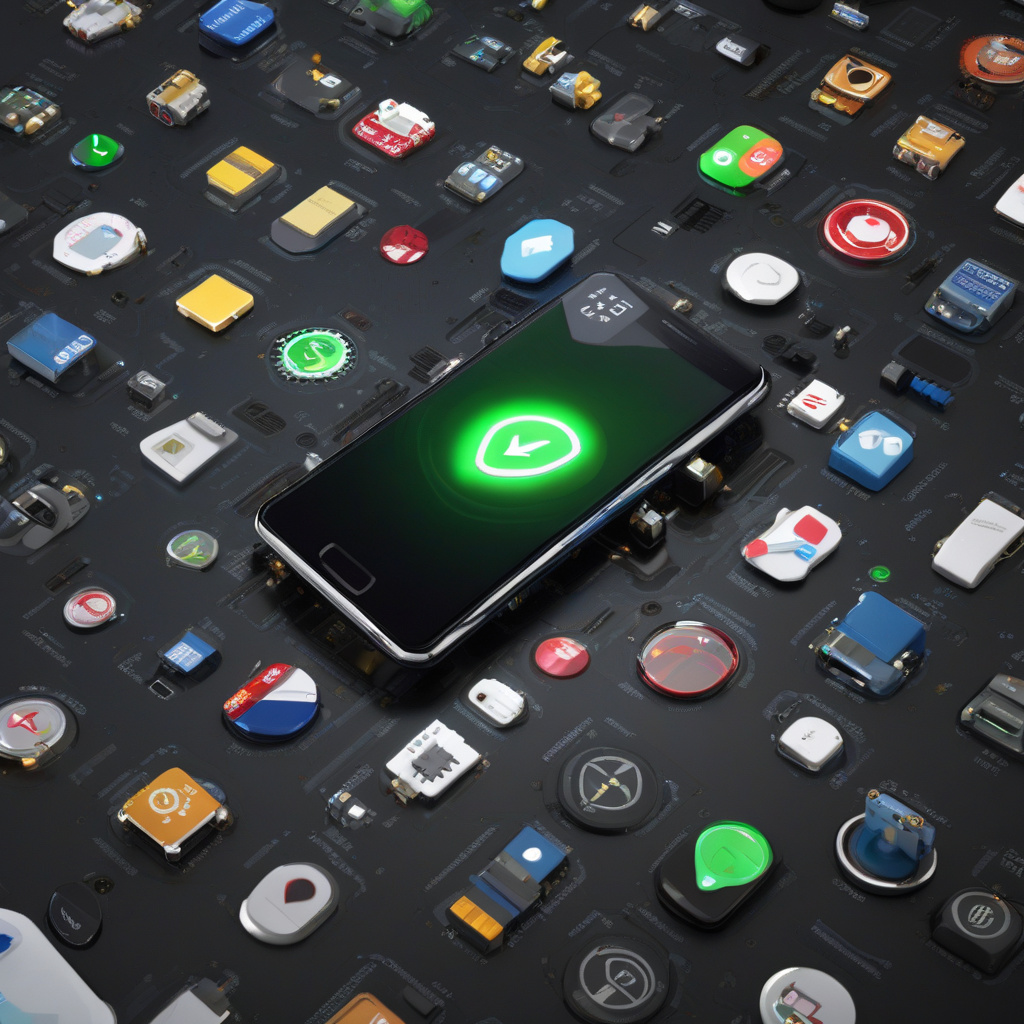In today’s world, cyberthreats are more prominent than ever, and people are constantly looking for a way to enhance their online security and privacy. One popular solution is the use of Virtual Private Networks (VPNs) on mobile devices. VPNs create a secure connection between a user and the internet, encrypting data and masking the user’s IP address. While VPNs offer numerous benefits in terms of security and anonymity, they can also have an impact on the battery life of mobile devices.
When a VPN is active on a mobile device, it creates an additional layer of encryption and reroutes internet traffic through secure servers. This process requires extra processing power and data transmission, which can lead to increased battery consumption. The constant encryption and decryption of data packets can put a strain on the device’s CPU and network capabilities, ultimately draining the battery more quickly than usual.
Furthermore, the distance between the user and the VPN server can also affect battery life. If the VPN server is located far away from the user, it may result in longer transmission times and increased latency. This prolonged data transfer process can contribute to higher energy consumption on the device, impacting its overall battery performance.
Moreover, the type of VPN protocol used can influence battery life as well. Different VPN protocols have varying levels of encryption and security features, with some being more resource-intensive than others. For instance, protocols like OpenVPN or WireGuard are known to be more efficient in terms of battery consumption compared to older protocols such as PPTP or L2TP.
To mitigate the impact of VPNs on battery life, users can take certain measures. One effective way is to choose a VPN provider that offers optimized servers for better performance. Selecting a server closer to your physical location can reduce latency and improve data transfer speeds, thereby conserving battery life.
Additionally, users can consider using VPNs only when necessary. Turning off the VPN when not actively browsing or accessing sensitive information can help prolong the device’s battery life. Some VPN providers also offer battery-saving modes or settings that prioritize efficiency over high levels of encryption, striking a balance between security and performance.
In conclusion, while VPNs play a crucial role in safeguarding online privacy and security, they can impact the battery life of mobile devices due to the additional processing and data transmission requirements. By being mindful of server locations, VPN protocols, and usage patterns, users can optimize their VPN experience to minimize battery drain while still enjoying the benefits of a secure connection. So, next time you activate your VPN on your mobile device, keep in mind the potential impact on battery life and make informed choices to strike the right balance between security and efficiency.

